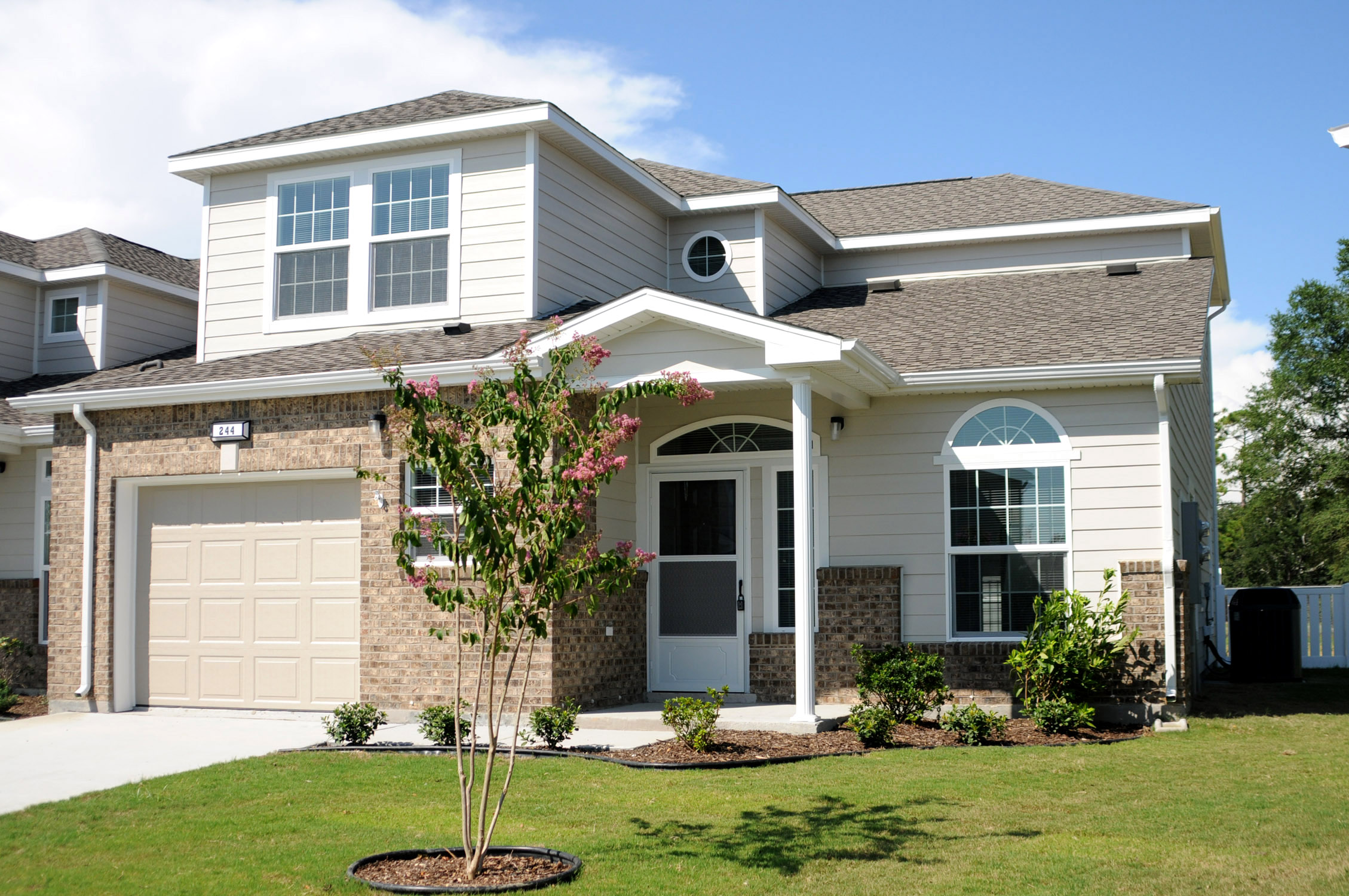
Are you planning on investing in Waltham area rental properties for the first time? If so, you're making a smart choice! In this article we will share with you 8 tips you can use to successfully invest in your first rental properties.
Manage your money
“Save money when the going is good, meaning when you have tenants. There will be moments when you do not have a tenant and you'll also need money for repairs. Finally, for brand new property investors planning to own a portfolio of rentals, I'd say, create a separate account for the rental income right away.”
Hire a tenant rep
“You have probably done your research and learned a fair share about the market in your area, but when it comes to buying or leasing your first property, you shouldn’t go at it alone. Instead, find a tenant rep to guide you through the process. A tenant rep is a licensed commercial real estate professional who can help with tenant-landlord negotiations.“
Focus your strategy
“Pick an area, pick a property type, pick a strategy and get started. Don't say you'll invest all over a state or even an entire county because you will rarely have the insight necessary to do so wisely and with confidence.
Understand that inventory types can change drastically including the repair bills that make them profitable. For example, being in too many different types of properties could have you overspending on rehabs.
Also, get very focused on the buying strategies you can actually execute based on your budget, time, and experience constraints. As an example, if you have a 9-5 job and you start mailer campaigns, think of all the leads you'll miss because you can't answer the phone. Worse yet, think of all the money you'll waste.
Educate yourself
“The first step to begin real estate investing is education and networking. Famous books that inspire countless investors are Rich Dad, Poor Dad and Real Estate Riches. These books lay out ‘big picture’ reasons and strategies for investing in real estate. After understanding general principles, deep diving into the details is the next step. Texts like The Book on Managing Rental Properties and The Book on Flipping Houses provide concrete guidance.”
Evaluate your risk tolerance
“Property investment carries risk. Consider your income level, savings, and financial stability. Start by assessing your situation and personal risk tolerance.
If you are closer to retirement, you may look to limit your level of risk, and focus on shorter-term returns. However, property investors in their 30s may have a 20 to 30-year plan to meet their desired goals. Investors should be prepared for long-term projects to get them towards their investment goals. Can you afford to keep an investment property that may take three months to find a tenant or do you require immediate cash flow? Is your income enough to withstand a downturn in the economy or a bear market?”
Overestimate your expenses
“Always underestimate your income and overestimate your expenses. There will be times that it will take longer to lease, and repair items will sometimes cost more than anticipated, especially if a tenant needs to be evicted.”
Use the 100-20-5-1 rule
“Remember the following rule: 100-20-5-1. The significance is that, for you to finally close on one property, you first need to look at 100 properties. From those 100, you run a detailed analysis of the top 20. From those top 20, you send out your purchasing contracts to the top 5. From those 5 you'll most likely get your yes. It also serves as a reminder that investing in real estate takes work and dedication.
Source
Don't Manage Your Rental Properties Yourself, Contact Martin Property Management
One of the worst things you can do when you're getting started is manage your rental properties yourself!
To learn more about the services that Martin Property Management can offer you contact us today by calling (617) 957-0166 or click here to connect with us online.
